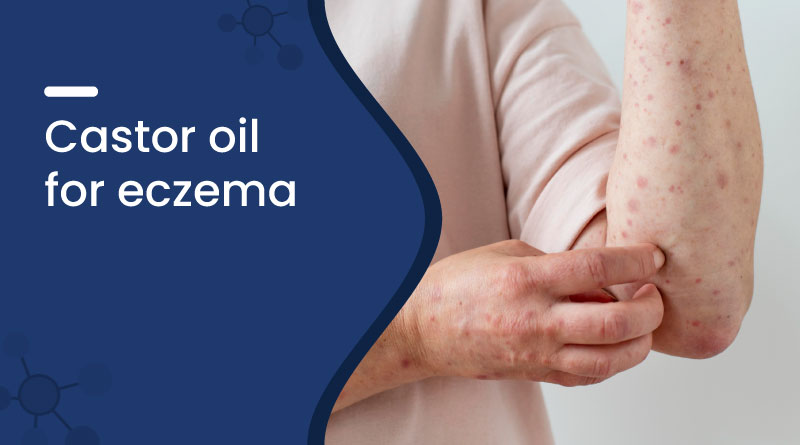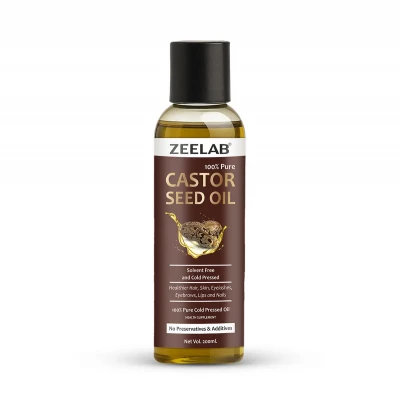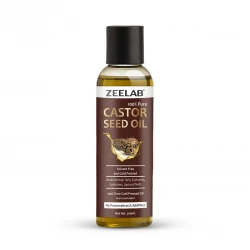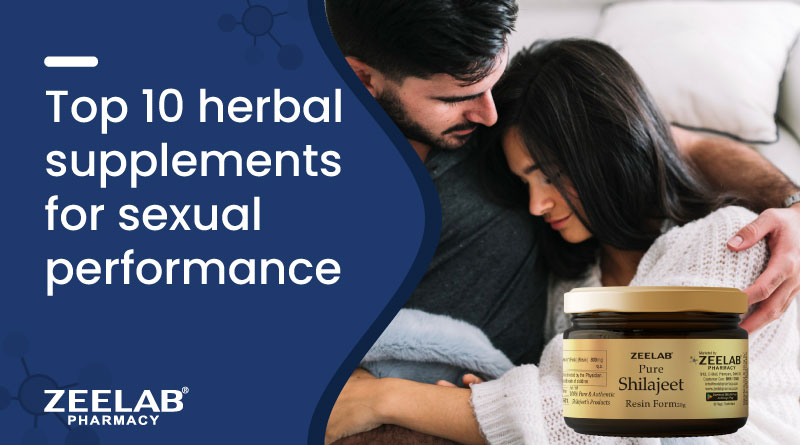Castor Oil for Eczema – Natural Relief for Dry & Itchy Skin


Castor oil, a natural remedy rich in fatty acids and anti-inflammatory properties, can help soothe and nourish eczema-affected areas. Regular application may reduce dryness, calm inflammation caused by eczema, and support skin healing. With its moisturizing and antibacterial qualities, castor oil offers a gentle, natural way to manage eczema symptoms and improve overall skin health.
Understanding Eczema and Its Causes
Eczema, or atopic dermatitis, is a chronic skin condition causing dryness, redness, itching, and inflammation. This happens when the skin’s protective layer is compromised, leaving it vulnerable to irritants and allergens.
- Genetics: Family history of eczema or allergies.
- Allergens: Pollen, dust, pet dander, certain foods.
- Environmental Factors: Harsh soaps, extreme temperatures, and low humidity.
- Immune Response: Overactive immunity triggers inflammation.
- Stress and Infections: Can worsen flare-ups.
Why You Should Use Castor Oil for Eczema?
Castor oil deeply hydrates dry and irritated skin, forming a protective barrier to lock in moisture. Its natural anti-inflammatory and antimicrobial compounds help reduce redness and swelling and lower the risk of infection caused by scratching. Additionally, castor oil supports skin repair and can relieve the discomfort associated with eczema flare-ups.
Nutrients in Castor Oil Beneficial for Eczema
- Ricinoleic Acid: Anti-inflammatory and soothing, ideal for irritated skin.
- Vitamin E: Protects against oxidative stress and supports skin healing.
- Fatty Acids: Strengthen the skin barrier and maintain moisture balance.
- Proteins and Minerals: Aid in skin regeneration and repair.
How Can Castor Oil Calm Eczema?
Castor oil can help calm eczema due to its natural anti-inflammatory and moisturizing properties. It may support the healing of dry, flaky patches while keeping the skin soft and comfortable when used regularly. It helps eczema treatment in the following ways:
- Moisturizes Dry Skin: Rich in fatty acids, castor oil helps restore hydration to parched, itchy skin.
- Soothes Irritation: The ricinoleic acid in castor oil helps reduce inflammation, calming irritated areas.
- Prevents Infection: Its antimicrobial properties help protect broken or cracked skin from bacteria.
- Supports Skin Repair: Promotes healing of affected areas, improving overall texture and resilience.
Best Castor Oil for Treating Eczema
Castor Seed Oil
Zeelab Castor Seed Oil (200 ml) is 100% pure, cold-pressed oil rich in ricinoleic acid. It moisturizes skin, soothes inflammation, promotes hair growth, supports digestive health, and serves as a natural remedy for overall wellness and daily care.
- Price: ₹149
- What it does: Calms irritation and itching, moisturizes dry and flaky skin
- Who should use: People experiencing eczema flare-ups or mild psoriasis
How to Apply Castor Oil for Eczema
- Cleanse the affected area gently with lukewarm water.
- Apply a small amount of castor oil directly to dry or inflamed patches.
- Massage lightly until absorbed.
- Use at night for rich moisturization and wash away in the morning.
- Use 2–3 times per week or as needed, and always do a patch test first.
Tip: Mixing castor oil with a lighter carrier oil, like coconut or almond oil, can reduce thickness and enhance absorption.
Other Benefits of Castor Oil for Skin
- Soothes general skin irritation and redness.
- Improves skin hydration and elasticity.
- Aids in the recovery of small cuts, scratches, and rough skin.
- Strengthens nails and softens cuticles.
- It can help calm menstrual discomfort when used in packs.
Possible Side Effects
Although safe for most people, castor oil may cause:
- Allergic Reactions: Redness, itching, or rash in sensitive individuals.
- Clogged Pores: Excess application may block pores.
- Eye Irritation: Avoid contact near the eyes.
Always do a patch test before applying to large areas, especially for eczema-prone skin.
When to Seek Medical Care for Eczema
See a doctor if eczema is severe, persistent, or causing infections, intense itching, or affecting sensitive areas. Medical treatments like topical corticosteroids, calcineurin inhibitors, antihistamines, or oral medications may be prescribed to reduce inflammation, control itching, and prevent complications, ensuring effective management and healthier skin.
Natural Remedies for Eczema Relief
- Aloe Vera Gel: Calms inflammation, promotes healing, and hydrates irritated skin.
- Coconut Oil: Moisturizes skin, reduces dryness, and soothes itching.
- Oatmeal Baths: Colloidal oatmeal helps reduce itching and irritation while moisturizing the skin.
- Shea Butter: Helps naturally nourish and fortify the skin’s protective barrier.
- Honey: Anti-inflammatory and antimicrobial, helps repair damaged skin and soothe flare-ups.
- Evening Primrose Oil: Contains fatty acids that may reduce inflammation and improve skin moisture.
Conclusion
Castor oil provides a natural, nourishing option for easing eczema-related irritation. By moisturizing, reducing inflammation, and supporting skin repair, it promotes calmer, healthier skin. Consistent and careful use, along with patch testing, can help soothe flare-ups and improve overall skin condition naturally.
Frequently Asked Questions (FAQs)
Q. What causes eczema?
A. Eczema develops from a combination of hereditary, environmental, and immune influences. It results in a weakened skin barrier, making the skin dry, itchy, and prone to inflammation.
Q. Can castor oil help soothe eczema?
A. Yes. Castor oil’s fatty acids and anti-inflammatory properties help moisturize dry, irritated skin, reduce redness, and support skin repair, providing natural relief for mild to moderate eczema flare-ups.
Q. How should I apply castor oil for eczema?
A. Cleanse affected areas, apply a thin layer of castor oil, and massage gently. Leave it on overnight or for several hours. Use 2–3 times per week, and always do a patch test first.
Q. Is castor oil safe for sensitive skin?
A. Generally, castor oil is safe, but sensitive individuals may experience mild irritation or allergic reactions. Always perform a patch test on a small area before wider application.
Q. Can castor oil be combined with other treatments?
A. Yes. Castor oil can complement moisturizers, aloe vera, or prescribed creams to soothe eczema. Avoid mixing with harsh chemicals, and consult a dermatologist for severe cases.
Recent Blogs
Disclaimer : Zeelab Pharmacy provides health information for knowledge only. Do not self-medicate. Always consult a qualified doctor before starting, stopping, or changing any medicine or treatment.


















 Added!
Added!